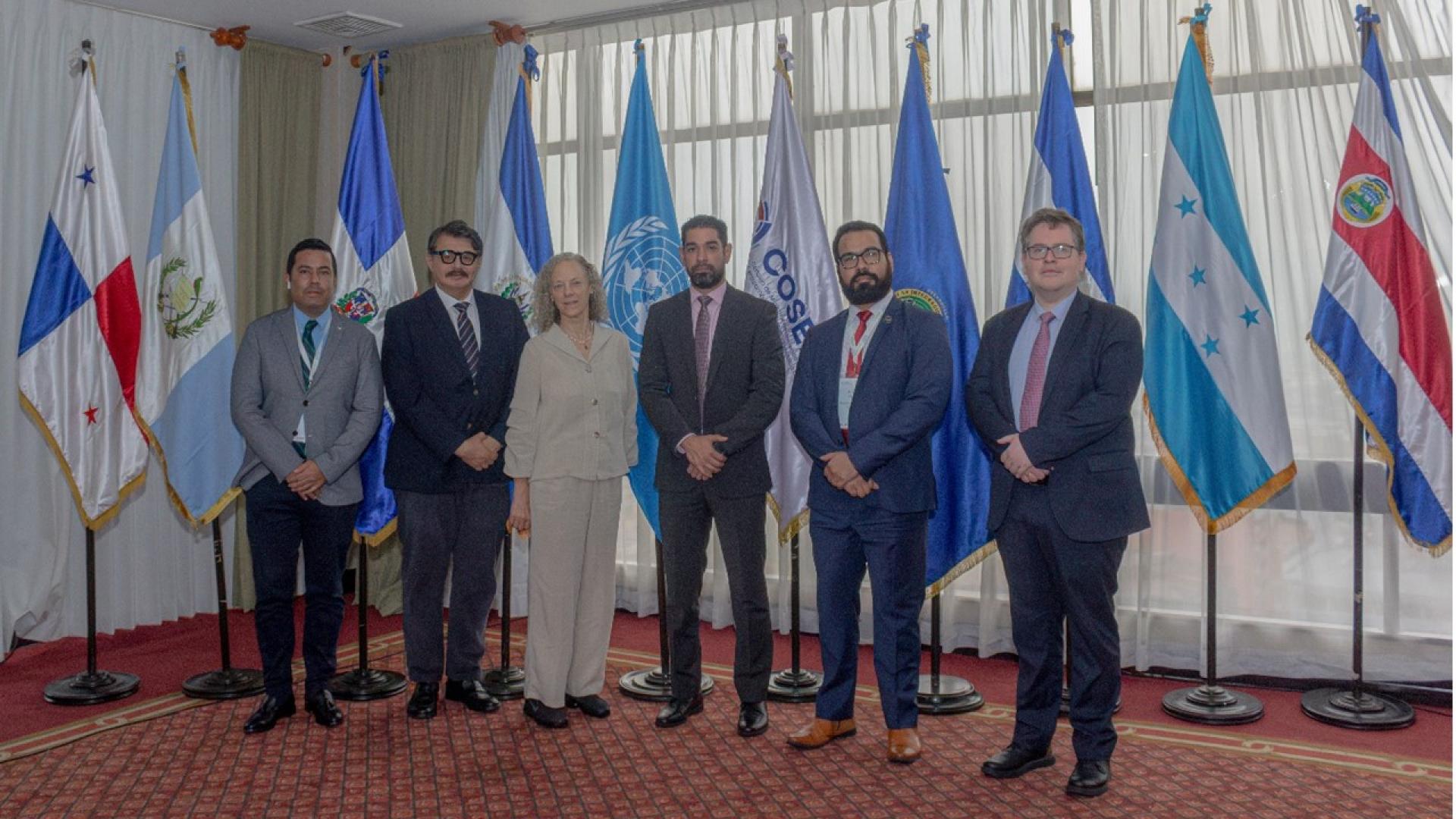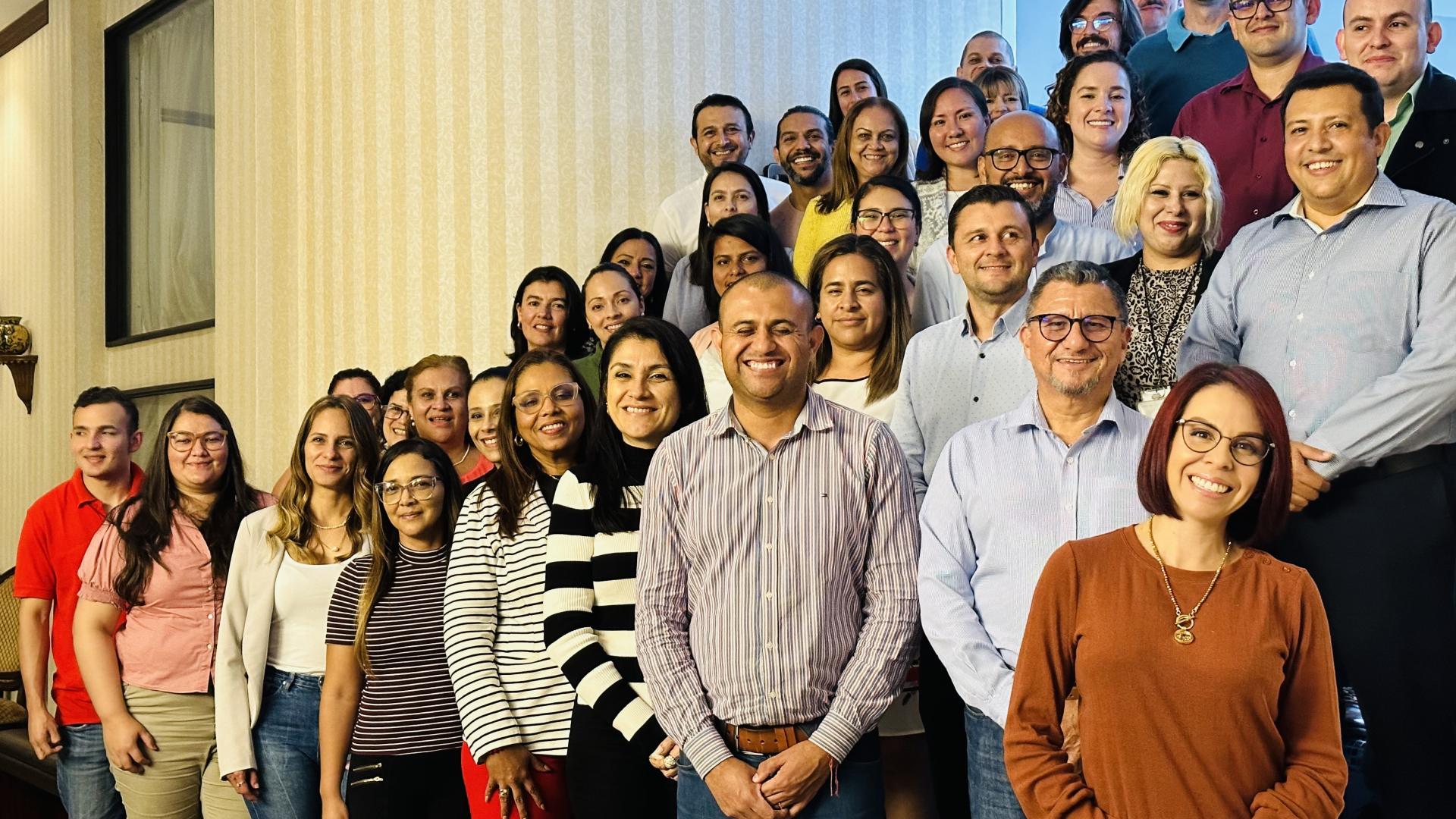The training course is part of ECLAC’s efforts towards strengthening institutional capacities in the region. In addition, the systematic assessment of disasters is crucial for understanding and reducing risks and vulnerabilities. Both the Sendai Framework for Disaster Risk Reduction (SFDRR) 2015-2030, and the Sustainable Development Goals recognize the effects of disasters on sustainable development, highlighting the importance of measuring the effects of these events and collecting progress data.
In addition, the training will address the challenges and opportunities for disaster risk reduction present in the SDGs, and will explore opportunities for Caribbean countries in the upcoming V Regional Platform for Disaster Risk Reduction of the SFDRR. These instruments and international fora evidence a global commitment towards strengthening disaster risk reduction and provide opportunities for deeper engagement of the Caribbean region.
The Disaster Assessment Methodology of the Economic Commission for Latin America and the Caribbean follows a multisectoral approach to estimate the effects and impacts of a disaster. The global description of the impact of a disaster and the sectoral estimation of the damage, losses and additional costs provide basic information to determine the resources needed to restore social and economic activities, as well as the required investments to ensure a resilient reconstruction process. In order to elaborate a recovery and reconstruction strategy and budget, it is crucial to have quantitative information on the effects and impacts of a disaster.
The methodology is composed of three sectors: social, infrastructure and productive. These sectors are analyzed through each of their subcomponents. In addition, the methodology incorporates two cross-cutting themes: gender issues and environment. Each sectoral presentation is followed by exercises to strengthen the obtained knowledge and clarify the use of basic concepts.



